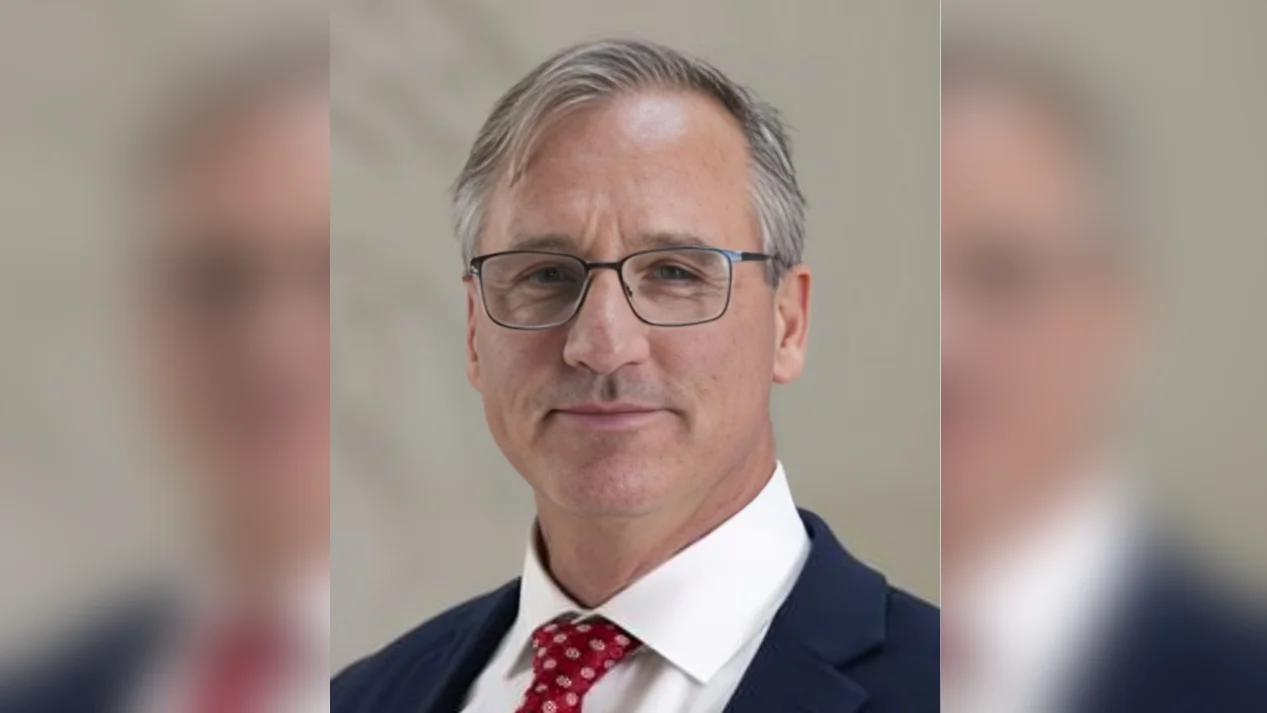An International Monetary Fund (IMF) team recently visited Port Moresby to assess progress on Papua New Guinea's economic reforms. The mission, led by Nir Klein, examined the nation's compliance with the Extended Credit Facility (ECF), Extended Fund Facility (EFF), and Resilience and Sustainability Facility (RSF).
Nir Klein announced that a staff-level agreement was reached on necessary policies for completing the fourth reviews of the ECF and EFF and the first review of the RSF. Completing these reviews could result in releasing approximately US$161 million under the ECF-EFF arrangements and around US$26 million under the RSF, pending IMF Executive Board approval.
“Despite a challenging environment, Papua New Guinea’s performance under the IMF-supported program over the past two years has been strong,” Klein noted. Important fiscal measures have been implemented, including amendments to the Income Tax Act and enhancements to the central bank's governance.
Economic growth is forecast to rise to 4.7% in 2025 from an estimated 3.8% in 2024, supported by mining activity and improved foreign exchange access. Inflation is projected to increase to 4.8% in 2025.
Immediate fiscal goals involve reconstructing policy space and reducing debt, while monetary policy needs tightening. Over the medium term, balanced budgets by 2027 are targeted, reliant on tax reforms and spending efficiency.
Klein emphasized, “The current crawl-like arrangement remains appropriate to bring the Kina to its market-clearing rate and facilitate the return to Kina convertibility.” Papua New Guinea's financial sector, governed by the Bank of Papua New Guinea, will require modernization in monetary policy and liquidity management.
The statement also highlighted necessary improvements in governance, specifically tackling anti-money laundering issues. Efforts to improve competitiveness, attract foreign investments, and diversify the economy were discussed. Addressing long-term climate challenges forms part of the government's sustainability strategy.
Klein concluded by stating the IMF’s commitment to ongoing support for Papua New Guinea’s economic reforms, acknowledging the cooperation with local authorities, including meetings with key government figures like Prime Minister Marape and Deputy Prime Minister Rosso.

